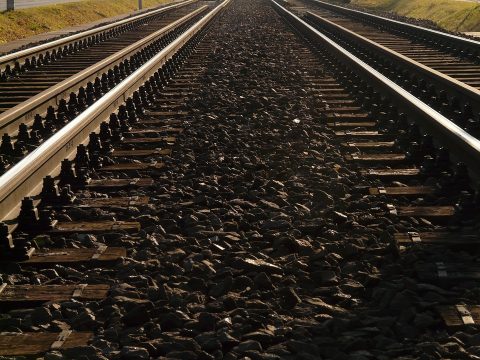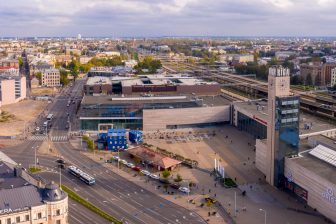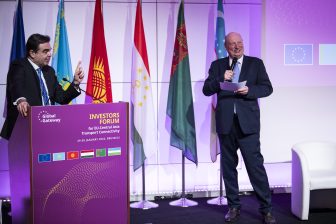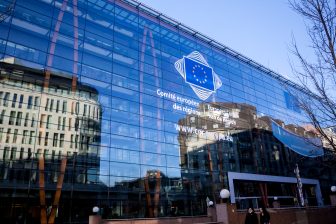
ERFA: ‘In fact, all railways are tollgates’
In the rail freight sector, operators pay for every train kilometre. In principle, this makes all railways tollgates, while only 20 per cent of European highways and main roads require toll. A new balance must be created to initiate a modal shift. This was the core message of Carol Coune of the European Rail Freight Association (ERFA) on Wednesday, the first day of the Track Access Charges Summit 2018 in Amsterdam. “This requires more political support.”
The principle of ‘the user bears the costs’ is not equally applied in rail and road transport, she explained. On railways, a train operator pays for every kilometer. On the road, this not the case. Every EU member state has its own rules when it comes to toll for freight transport. Toll is levied on 20 per cent of all roads. As such, the rail freight sector provides for around 60 per cent of the costs of mainaining railway, while this is 20 per cent on the road.
Market distrortion
According to Coune, this is a case of market distortion, where various markets segments are uanable to compete with each other on equal basis because one party benefits from existing legislation. This market distortion must be tackled in order to create a level playing field for rail and road freight. In order to achieve this, the costs of rail must be reduced and the quality and performance of rail must be improved.
Political support is needed to make these achievements, Coune added, but she is not optimistic. “At the moment, I am not confident about the future of rail, especially rail freight. We have forgotten that modal shift should be a priority.”
Climate change
In tackling climate change, it is important to reduce CO2 emissions. One way if doing this is by opting for the train in transporting freight and passengers, as CO2 emission of this transport mode is ten times less compared to transport over road, according to figures of the European Environment Agency.
But how do you stimulate this modal shift, this shift in transportation mode? First, it is important the rail freight sector changes the way it looks at the track access charges matter, pointed Coune out. “As an infrastructure manager, you should consider the competitiveness of the rail freight sector compared to that of road, rather than considering the competitiveness within the sector.”





